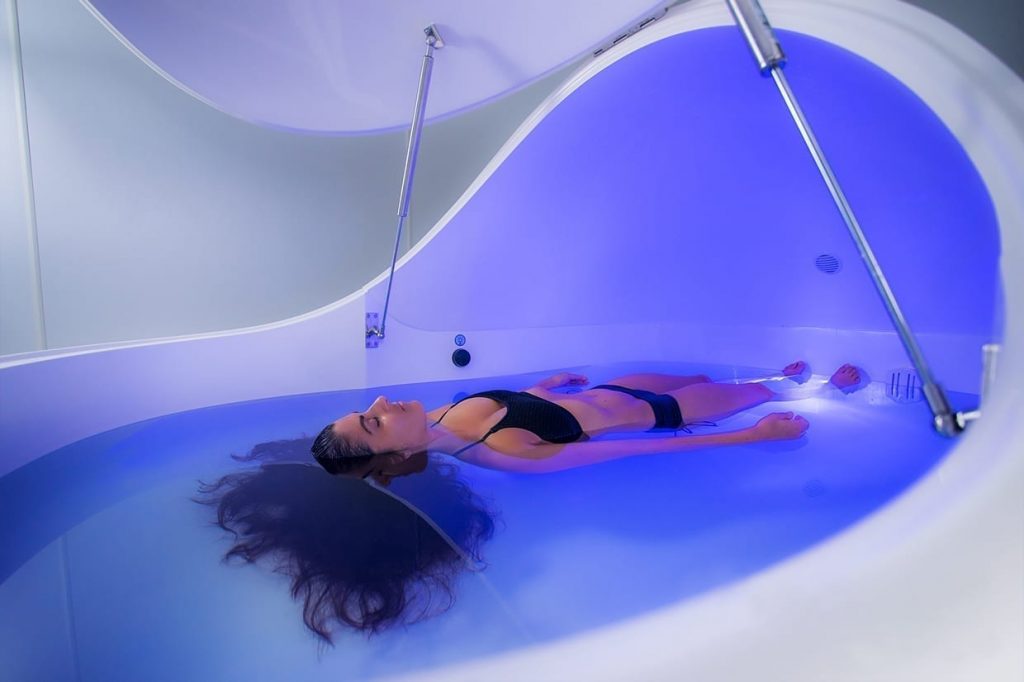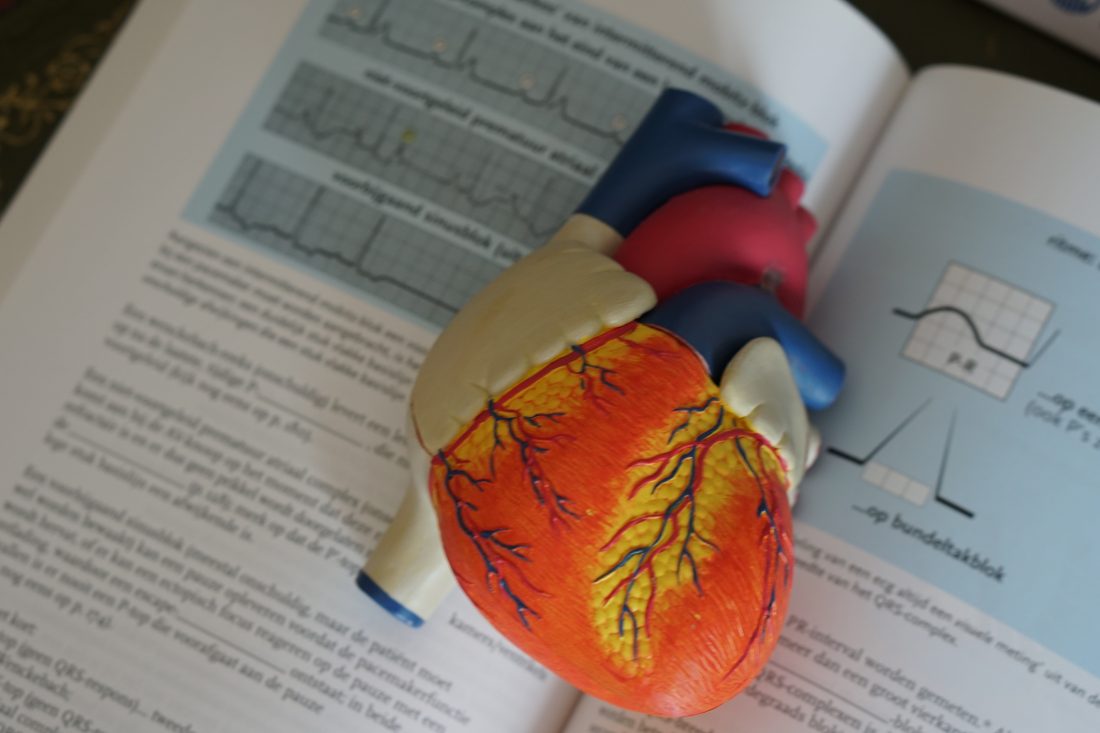Living with incontinence is more than dealing with a physical condition; it’s managing the emotions that often come along with it. If you have incontinence, you may feel embarrassed, frustrated, or alone. But guess what? You’re not alone. Millions of people have incontinence, yet only a few talk about it.
The good news is that there are steps you can take to feel like yourself again. Mindful support when living with incontinence means making small changes, shifting your mindset, and using the right absorbent products designed for your lifestyle so you can feel comfortable doing all the things you enjoy
Combining mindfulness techniques with lifestyle changes can help impact how you feel physically and emotionally. This blog will discuss how you can find and exercise mindful support while living with incontinence and how it affects your quality of life.
1. Understanding Incontinence and Finding Right Support
Incontinence isn’t the same for everyone. Aging, childbirth, certain medical conditions, and some medications can cause it. There are different types, such as stress incontinence, which happens when you experience pressure on your bladder.
Another common type is urge incontinence, where sudden, intense urges make it challenging to reach a restroom before an accident happens. But regardless of what causes it, one thing’s for sure: incontinence is manageable with the right mindful support.
A big part of feeling in control is ensuring you have the tools that make you feel comfortable. High-quality adult briefs give you that protection, all in a comfortable and discreet design. You won’t be sitting there worried about if there will be a leak.
If you’re using the right products to manage incontinence, you are more likely to feel confident, happy, and have a better mindset.
2. Mindful Support Strategies for Living with Incontinence
Being mindful can help you better manage the experience of living with incontinence. Here are four mindful support strategies that can help:
Mindful Meditation
Meditation quiets the mind and body, which can help ease incontinence-related anxiety. Just 10 minutes of mindfulness daily can help improve concentration and emotional resilience. If fears of accidents often plague you, guided meditation works to redirect negative thinking.
Focusing on deep, slow breathing also releases tension and helps control bladder function. The more you practice, the more closely connected your mind becomes with your body, making it easier to overcome triggers and reclaim confidence.
Body Awareness and Relaxation Techniques
Many people hold tension in their pelvis, which can worsen incontinence. Raising body awareness through progressive muscle relaxation exercises will help you identify areas of tightness that may be causing poor bladder control.
Another great tool is the body scan: mentally check in with each area of your body, observe if you feel any tension, and then consciously let it go. Deepen its effects by slowly breathing into the tense area and exhaling out of it. With practice, this exercise can help you stay more relaxed if stress triggers urgency.
Mindful Eating and Hydration
What you eat and drink can impact bladder health. Mindful eating is the practice of tuning in to how your body reacts to certain foods or beverages. For example, caffeine, acidic citrus fruits, and artificial sweeteners can irritate the bladder.
Cutting back may help tame those sudden urges. But staying well-hydrated is just as essential — many people with urge incontinence drink less liquid to avoid accidents. This tactic can exacerbate symptoms as dehydration can contribute to concentrated urine.
Sip water throughout the day to maintain an even urine flow without overwhelming the bladder. Lastly, fiber-rich foods promote regular bowel movements and prevent a backup of stool from pressing against the bladder making urinary leakage worse.
Self-Compassion and Positive Mindset
How you think about incontinence can influence how you experience it. Instead of seeing it as a disability, consider it a circumstance that is possible to live with. Negative self-talk can only add to your misery. That’s why it’s important to replace self-defeating thoughts with kinder ones.
Focus on what is within your control, such as using the best incontinence products available to fit your unique needs. You should also practice mindfulness/mindful living and make doable small changes that feel right for you.
Working with a therapist or support group can also help change the chatter in your head.
3. Impact of Mindful Support on Your Mental Well-being
Incontinence doesn’t just affect the body – it affects the mind as well. It’s natural to feel self-conscious in public or irritated by unexpected disruptions to your routine. The trick is changing how you think about things.
A more constructive way to approach incontinence setbacks in your life is to remind yourself that it doesn’t reflect on you as a person. Having this perspective will allow you to be more confident and less afraid of any accidents every day.
Final Thoughts
Incontinence is a challenge, but it’s one that you can handle. And by approaching life with mindfulness, you can manage it even better. It changes the emphasis from what you can do to what you can be and do.
Simple practices like body meditation and positive affirmations impact mental and physical health. Besides, making minor, intentional adjustments to your daily life can help build confidence and ease.
Living comfortably and confidently is possible even when experiencing incontinence. The trick is to be patient with yourself and celebrate each little triumph; every small step forward is a step toward living a better, freer life.


